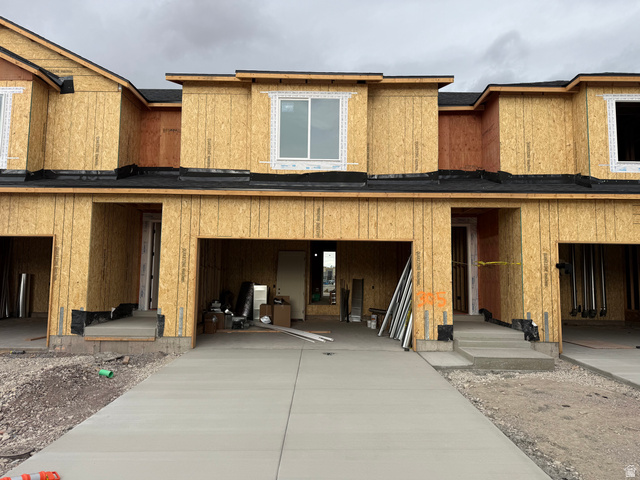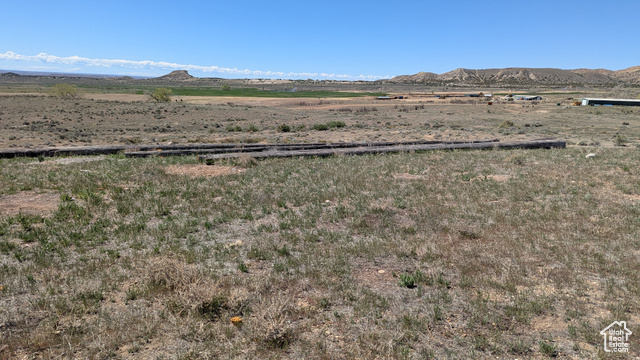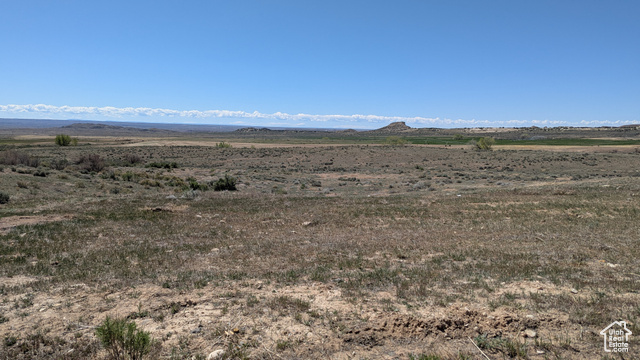
Overview
Understanding the difference between title and deed is essential for anyone involved in Utah real estate, whether purchasing a starter home in Salt Lake City, investing in a rental property near St. George, or closing on a mountain property in Park City. Title and deed are related but distinct legal concepts. Title describes the right to own and use property. The deed is the written document that conveys that ownership. Confusing the two can lead to missed risks during a transaction, from undiscovered liens to limited seller guarantees. This article explains what each term really means, why they matter in transactions across Utah, and how to evaluate deed types and title protections before closing.

What Title Means in Real Estate
Title refers to ownership and the rights that come with owning real property. Think of ownership as a bundle of sticks. Each stick represents a specific right: the right to possess the property, the right to lease it, the right to sell or convey it, or the right to encumber it with a mortgage. When a person or entity holds all of those sticks, the ownership is commonly called fee simple absolute. That means there are no competing claims preventing normal use and transfer of the property.
In any Utah transaction, confirming who holds title and what rights are attached to that title is a foundational step. Title issues can arise from past liens, recorded easements, unresolved probate matters, judgment liens against a prior owner, or errors in public records. Those issues do not always appear obvious on the surface but can materially affect the ability to sell, develop, or finance a property.
Why title matters
Title affects marketability and risk. A clear title allows a buyer to use, finance, and resell the property with confidence. Problems with title translate into legal and financial exposure. For buyers and investors in Utah, thorough title investigation reduces surprises after closing and protects long-term value.
Explore Utah Real Estate

83 W 850 S, Centerville, UT
$815,000
Bedrooms: 5 Bathrooms: 3 Square feet: 3,999 sqft

653 E RYEGRASS DR #305, Eagle Mountain, UT
$387,900
Bedrooms: 3 Bathrooms: 3 Square feet: 1,985 sqft

2031 N LAVA ROCK CIR #107, St George, UT
$4,185,000
Bedrooms: 4 Bathrooms: 5 Square feet: 5,404 sqft
What a Deed Is and How It Works
A deed is the written legal instrument that transfers ownership or an ownership interest from a grantor to a grantee. The deed is the tangible proof that a transfer occurred. While title is an abstract concept about rights, the deed is the pen to paper document that evidences transfer of those rights. Deeds are recorded in county offices across Utah to provide public notice of ownership changes.
Every deed should identify the grantor, grantee, a description of the property, and the type of promise or covenant the grantor provides about ownership. Recording a deed does not always fix prior defects in title, but it establishes a public record of the current transfer and helps protect the grantee against certain later claims.
Title Work and Title Insurance in Utah Transactions
Title work typically begins with a title search. An attorney or title company reviews county deed records, court filings, bankruptcy records, tax liens, and any relevant Secretary of State filings for entities to determine whether the seller actually has the legal right to convey the property. In Utah, county recorder and clerk offices are primary sources for recorded deeds and liens. The search seeks recorded defects, outstanding mortgages, judgments, or other encumbrances that would impair clear transfer.
Title insurance companies assume the remaining risk after a search. Because it is impossible to be physically present at every prior transfer throughout history, title insurers agree to defend insured owners or compensate them for covered losses if title defects such as fraud, forged documents, or mistakes in public records surface later. For buyers in Utah, title insurance provides a one-time premium that insures against past-recorded problems that were missed by the search process.
Different Types of Deeds and What They Promise
Not all deeds provide the same protections. The type of deed used in a transfer defines how much the grantor guarantees about title. The most common deed types are quitclaim deed, special warranty deed, and general warranty deed.
More Properties You Might Like

2098 E GOOSE RANCH RD, Vernal, UT
$103,000
Square feet: 274,864 sqft

2148 E GOOSE RANCH RD, Vernal, UT
$116,000
Square feet: 309,276 sqft

6668 S 3200 W, Spanish Fork, UT
$2,074,000
Bedrooms: 3 Bathrooms: 3 Square feet: 2,560 sqft
- Quitclaim deed - Transfers whatever interest, if any, the grantor has. There are no warranties about the quality of title. A quitclaim deed is useful to clear title issues between family members or to correct record errors, but it offers little protection to a buyer who expects full ownership rights.
- Special warranty deed - The grantor warrants that the property was not encumbered or subject to defects during the time the grantor held title. The warranty is limited to the grantor's period of ownership and does not cover prior title problems that arose before the grantor acquired the property.
- General warranty deed - Offers the broadest protection. The grantor warrants that clear title is being conveyed and will defend the grantee against claims, regardless of when those claims originated. A general warranty deed is the most buyer-friendly deed for traditional residential transactions.
Practical Example - A Utah Homebuyer Scenario
When the Johnsons purchased a home near Park City, their agent recommended a general warranty deed and a title insurance policy. The title search uncovered a historical easement recorded decades earlier that affected a narrow portion of the lot. Because the title issue was discovered prior to closing, the sellers cleared the record or the buyer negotiated compensation during escrow. The general warranty deed and title insurance combined to ensure that, if an undiscovered defect later arose, the Johnsons would be defended or compensated.
This step-by-step approach is typical across Utah: perform a title search, review deed type and seller warranties, obtain title insurance when appropriate, and ensure recorded instruments match the intended transfer.
Quick Closing Table Pop Quiz
At a closing, the buyer receives a signed document from the seller that is the legal instrument evidencing the ownership transfer. Which term correctly identifies that document - title or deed? The deed. Title remains the conceptual idea of who owns the property and what rights come with ownership, while the deed is the paper document that demonstrates the change in ownership.
Takeaway for Utah Buyers, Sellers, and Investors
Clear understanding of title and deed reduces transactional risk. Title represents ownership rights, the bundle of sticks; the deed is the instrument that moves those sticks from grantor to grantee. For Utah real estate, the recommended practices include obtaining a thorough title search, confirming the type of deed being delivered, and purchasing title insurance to protect against historical defects that are not apparent in public records. These measures protect investment value and facilitate future transfers.
For further Utah-specific property resources, consult utah.gov for state-level forms and recording guidance and nar.realtor for national real estate practice standards. For local Utah listings and services, see https://bestutahrealestate.com
Frequently Asked Questions
What is the difference between title and deed?
Title is the legal concept of ownership and the collection of rights associated with property. A deed is the written instrument that transfers those ownership rights from one party to another.
Does a recorded deed guarantee clear title?
Recording a deed creates public notice but does not guarantee there are no hidden defects. A title search and title insurance help discover and protect against existing defects, such as liens, easements, or prior ownership disputes.
When should a buyer obtain title insurance in Utah?
A buyer should consider title insurance whenever purchasing real property to protect against past-recorded defects that a title search might miss, including forged signatures, undisclosed heirs, or recording errors. Title insurance is especially prudent for buyers expecting to finance or resell the property later.
How does a quitclaim deed differ from a general warranty deed?
A quitclaim deed transfers whatever interest the grantor holds without warranties, offering minimal protection. A general warranty deed includes broad promises by the grantor that title is good and that the grantor will defend the grantee against title claims, regardless of when those claims originated.














